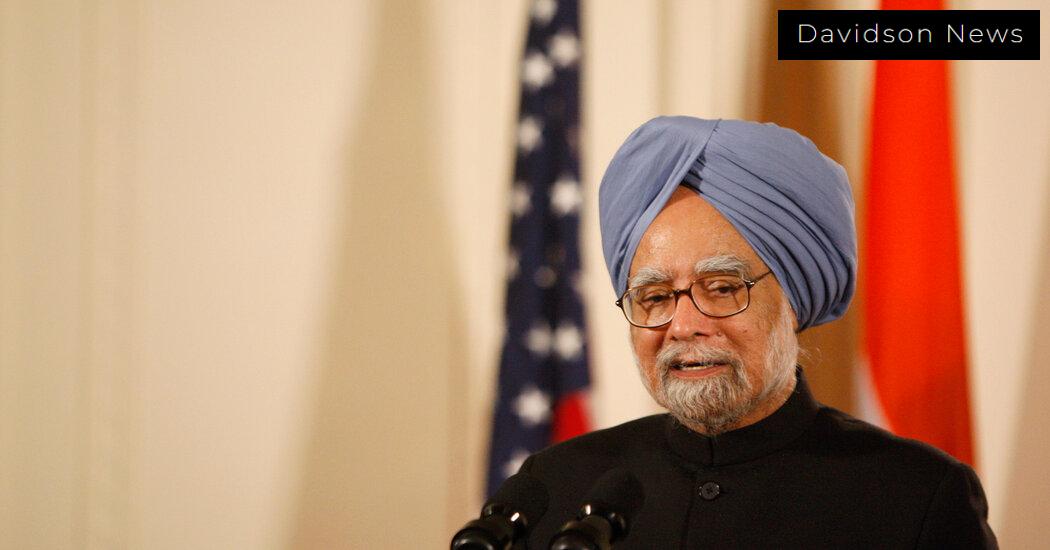Former Indian Prime Minister Manmohan Singh has passed away at the age of 92. He died on a Thursday at the All India Institute of Medical Sciences in New Delhi, where he had been admitted for age-related conditions. His death marks a significant moment in Indian history, as Singh was a pivotal figure in transforming India’s economic landscape.
Manmohan Singh’s Journey and Impact
Born in Pakistan, Singh’s early life was greatly affected by the partition of India in 1947, which left a lasting impression on him. He went on to become India’s first Sikh Prime Minister, serving from 2004 to 2014. Singh is widely recognized as the architect of major economic reforms that opened India’s doors to foreign investment, particularly during his time as Finance Minister in 1991.
Contributions to India’s Economy
Singh was not just a politician; he was an economist who led India through a phase of substantial growth. The reforms he introduced helped India emerge as a global economic powerhouse. He played a crucial role in implementing economic policies that modernized several sectors, significantly boosting GDP growth during his early years in office.
Global Recognition and Tributes
- Prime Minister Narendra Modi highlighted Singh as one of India’s most distinguished leaders.
- U.S. Secretary of State Antony Blinken expressed sorrow over Singh’s death and acknowledged his contributions to U.S.-India relations.
- Opposition leader Rahul Gandhi referred to Singh as a mentor, appreciating his economic wisdom.
In an era when India was learning to step onto the global stage, Singh’s leadership significantly strengthened ties with countries like the United States and Russia. He was known for brokering a nuclear technology deal with the U.S. in 2006, a historic moment in the strategic partnership between the two nations.
Controversies and Challenges
Despite his many achievements, Singh’s time in office wasn’t without challenges. Allegations of corruption surrounding his administration clouded his legacy later on, particularly as economic growth rates began to slow and reforms stalled towards the end of his tenure.
A Legacy Remembered
The tributes following Singh’s passing have poured in from political leaders and influential figures around the world. His contributions to India are deeply ingrained in the nation’s story, particularly his push for economic liberalization. As leaders reflect on his life, it’s clear that Singh was not only a key player in Indian politics but was also instrumental in reshaping the economic landscape of the country.
Conclusion
The news of Manmohan Singh’s death resonates with many, not just as a loss for India but as the passing of a global icon. His dedication towards economic transformation changed the lives of millions, placing India firmly on the world map. As we remember him, we recognize the numerous ways he influenced both national and international politics.
